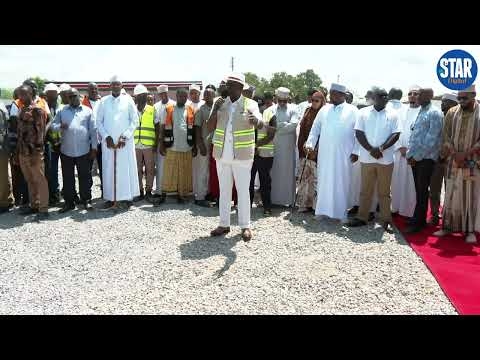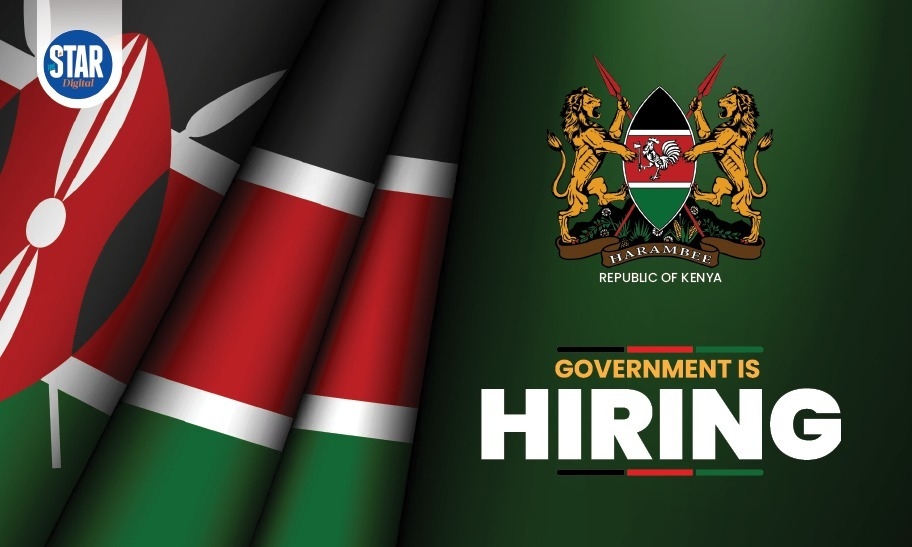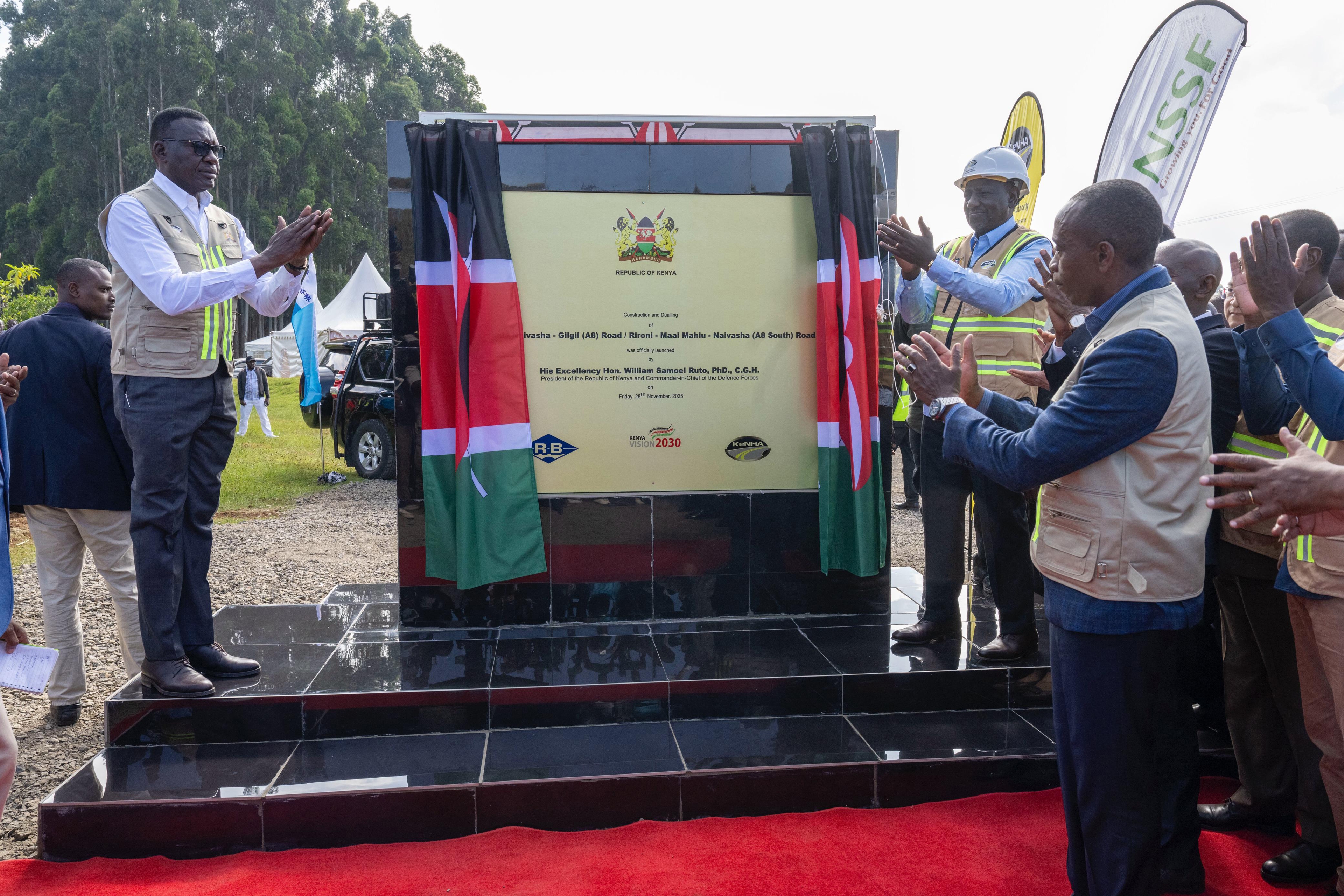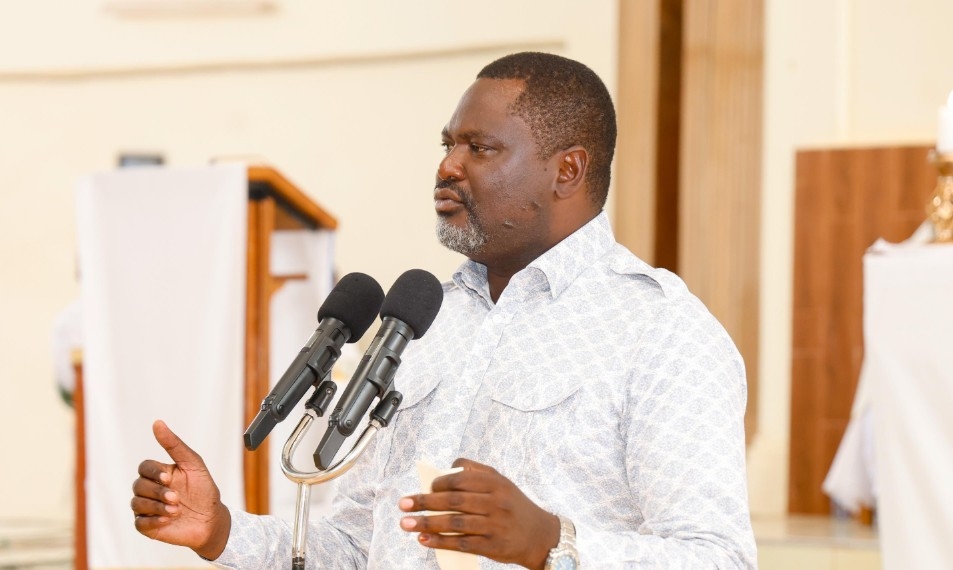Exactly 140 years ago, in 1884, a conference was held in Berlin to getting the European powers to agree to carve up Africa into their possessions, then known as colonies.
It may seem strange to us in the 21st Century that leaders in a far-off continent would sit down at a conference table and draw lines on maps to determine which part of Africa would ‘belong’ to each of their powerful nations. But such was the world of the 19th Century.
As explained by the author Elizabeth Heath on the website oxfordreference.com,
“The Berlin Conference of 1884-1885 marked the climax of the European competition for territory in Africa, a process commonly known as “the scramble for Africa”.
During the 1870s and early 1880s, European nations such as Great Britain, France, and Germany began looking to Africa for natural resources for their growing industrial sectors as well as potential markets for the goods these factories produced.
As a result, these governments sought to safeguard their commercial interests in Africa and began sending scouts to the continent to secure treaties from indigenous peoples or their supposed representatives.”
The reason the great European powers of that time could impose their will on Africa is that they had the best armies of the day.
In many cases, the Europeans argued that they were merely spreading Christianity in Africa or bringing us the benefits of the modern societies they had built in their own countries. But the actual methods used in taking over the continent leave no doubt that this was an exercise in social subjugation, military conquest, and economic exploitation.
As Elizabeth Heath again explains,
“Neither the Berlin Conference itself nor the framework for future negotiations provided any say for the peoples of Africa over the partitioning of their homelands. The Berlin Conference did not initiate European colonisation of Africa, but it did legitimate and formalise the process. In addition, it sparked new interest in Africa. Following the close of the conference, European powers expanded their claims in Africa such that by 1900, European states had claimed nearly 90 per cent of African territory.”
So that was how, in the 19th Century, you and your friends ‘grabbed’ huge swathes an entire continent, just because you had superior armies and more modern weapons with which to impose your will.
You would think this is the kind of history that would be unlikely to repeat itself. Well, you would be wrong.
Now, once again in 2024, there is a new scramble for Africa. This time not to create colonies but to develop spheres of influence specifically in those countries that have deposits of the minerals and metals needed for a global transition to ‘clean energy’.
These minerals include lithium, nickel, cobalt, copper, graphite, chromium, manganese and ‘rare earth elements’, which are essential for clean energy technologies, including batteries, solar panels and wind turbines.
Some of these critical minerals are to be found in Africa in such large quantities of total global extractable potential that they almost appear to be an African monopoly: manganese 85 per cent, platinum 80 per cent, chromium 80 per cent. Then there is also cobalt 48 per cent, graphite 21 per cent, and copper six per cent.
Most African nations cannot hope to sustainably extract their mineral wealth without the technological and financial assistance of more advanced economies. So they need partners from among the rich nations.
This is the recipe for the current scramble for Africa.
In many ways it is not as bad as the 19th Century one. What the great powers of our day seek is not necessarily subjugation, but a more subtle form of exploitation through unequal partnerships with mineral-rich African nations. Or even with those who may not have any proven mineral reserves now, but may yet be found to have them if proper mineral exploration is undertaken.
Also, there are now a variety of new economic and military powers involved, which were not at the Berlin conference. Each of them holds regular summits with African heads of state form closer working relationships and strong economic bonds.
By an irony of history, Great Britain and Germany, which wielded such immense power in the 19th Century, have in our time taken a back seat when it comes to these Africa outreach initiatives.
The current big players are modern powers including China, Russia, Italy, France, and above all, the US.
French President Emmanuel Macron in his 2012 summit with African heads of state spoke of a “New Deal” with African nations.
China has its Road and Belt Initiative, which seeks to address an infrastructure gap in all of Africa (along with Asia and Eastern Europe) and also hosts a regular Forum on China-Africa Cooperation about every three years.
Italy hosted a summit meeting for African presidents just this year, at which the Italian Prime Minster announced a “New Partnership” with Africa, with a focus on energy resources, under the Enrico Mattei Plan.
And US President Joe Biden held a summit for African leaders in Washington, D.C., in December 2022.
We certainly cannot claim that once again, Africa is not being consulted in the scramble for its mineral resources.
The new approach is less sinister as it involves creating partnerships with African countries. But one country that never had any colonies in Africa after the 1884 conference stands out for its unorthodox methods: Russia.
Although President Vladimir Putin held his own summit with African leaders in St Petersburg in July 2023, he was not content with just the usual consultations and deliberations followed by the possible disbursement of funds and sharing of advanced technology.
He has deployed a mercenary army, which combines both illicit mining operations and the propping up of unpopular military regimes, as an intrinsic part of his strategy to win friends and influence people.
Russia has used mercenaries in the Sahel region, which has some of the poorest nations in Africa to support military leaders who came to power through a coup. And they are in effect transferring to these countries the Russian model of autocracy while exploiting their mineral resources to help fund Russia’s illegal and unprovoked invasion of Ukraine.
At one point, many thought leaders on the continent expressed concern that China is laying out a ‘debt trap’ to consolidate its hold on African ‘transition minerals.
But it has since become obvious that the threat Russia poses to African nations that fall under its influence is much greater.
For Russia is deploying the 19th Century techniques of ‘societal subjugation, military conquest, and economic exploitation’ in its quest for global influence in the 21st Century.
The writer is a political commentator











![[PHOTOS] Ruto present as NIS boss Noordin Haji's son weds](/_next/image?url=https%3A%2F%2Fcdn.radioafrica.digital%2Fimage%2F2025%2F11%2Ff8833a6a-7b6b-4e15-b378-8624f16917f0.jpg&w=3840&q=100)

